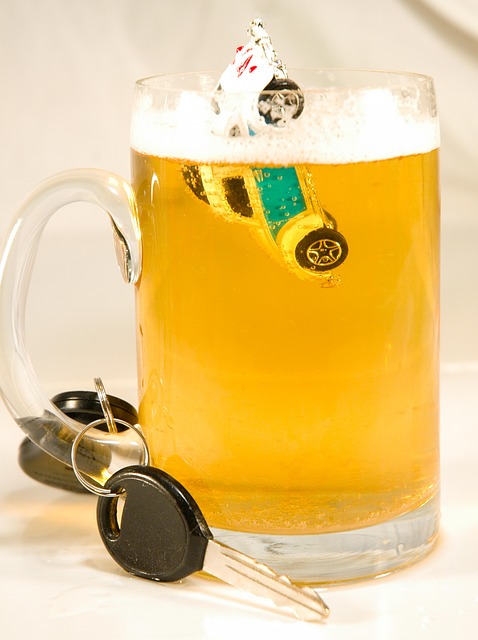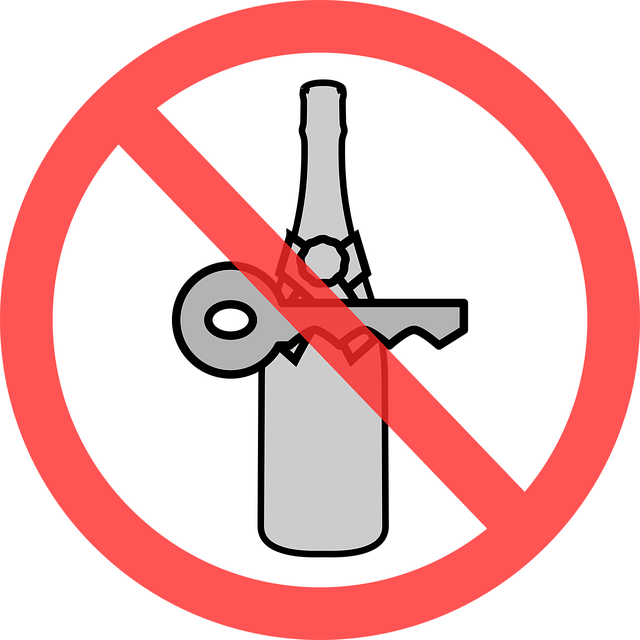Ride-sharing services have altered transportation access for young adults, potentially offering a safer alternative to drunk driving. To address the perception of safety, ride-sharing companies must collaborate with Youth DUI Prevention Programs, integrating education and awareness about responsible drinking. Drivers trained in identifying intoxication and promoting safe habits serve as deterrents, reducing underage DUI incidents. Robust accountable practices, including background checks and drug testing, reinforce safety. Community partnerships through these programs foster accountability, aiming to create a culture of responsibility and safer road environments for all.
Ride-sharing has revolutionized transportation, but it raises concerns about youth DUI risks. This article delves into strategies to enhance safety through driver accountability, focusing on understanding the challenges posed by underage drinking and its impact on ride-sharing. We explore the role of drivers in prevention efforts, including responsible behavior and community engagement. By implementing accountable practices, we can foster a culture of safer choices for youth, ultimately supporting effective Youth DUI Prevention Programs.
- Understanding Youth DUI Risks and Ride-Sharing
- The Role of Drivers in Prevention Efforts
- Implementing Accountable Practices for Safety
- Community Engagement: Supporting Safer Choices
Understanding Youth DUI Risks and Ride-Sharing

The rise of ride-sharing services has significantly impacted how young adults, particularly those under 21, access transportation. While these platforms offer convenience and safety features, they also introduce unique challenges, especially when it comes to Youth DUI (Drunk Driving Under Influence) risks. Young riders may perceive ride-sharing as a safer alternative to driving while intoxicated due to the cost-effectiveness and availability of services. However, this perception needs careful scrutiny.
Ride-sharing companies must collaborate with Youth DUI Prevention Programs to educate both drivers and passengers about responsible drinking and transportation options. By integrating safety protocols and promoting awareness, these platforms can play a crucial role in reducing underage drinking and driving incidents. This collaborative approach ensures that young individuals make informed decisions regarding their well-being and contributes to a safer road environment.
The Role of Drivers in Prevention Efforts

Ride-sharing drivers play a pivotal role in youth DUI prevention programs, acting as a crucial link between young people and safe transportation alternatives. Their accountability is essential to ensuring that underage individuals don’t resort to impaired driving, which can have devastating consequences. Drivers are trained to identify signs of intoxication and are encouraged to decline rides to minors exhibiting such symptoms.
Moreover, they contribute to prevention efforts by promoting responsible drinking habits and providing information about designated drivers or alternative transportation options. The presence of accountable drivers on the road acts as a deterrent, potentially reducing the instances of youth-related DUI cases and fostering a culture of safety and responsibility.
Implementing Accountable Practices for Safety

Implementing accountable practices is paramount in ride-sharing services to ensure passenger safety, especially with concerning trends like Youth DUI (drunk driving under influence). These programs aim to prevent underage individuals from accessing alcohol and subsequently driving, thereby reducing road accidents. Ride-sharing companies can collaborate with local authorities and youth organizations to establish robust safety protocols.
One effective strategy is to mandate driver background checks, including verifying age and criminal records. Additionally, random drug testing for drivers can serve as a deterrent for those considering impaired driving. These accountable measures not only protect passengers but also contribute to broader Youth DUI Prevention Programs by fostering a culture of responsibility and safety within the ride-sharing industry.
Community Engagement: Supporting Safer Choices

Community engagement plays a vital role in promoting safer choices and reducing youth DUI (drunk driving under influence) incidents, especially among vulnerable populations. By actively involving local communities, ride-sharing driver accountability initiatives can create a network of support that discourages risky behavior. This involvement might include partnerships with Youth DUI Prevention Programs, where drivers participate in educational workshops or volunteer their services to transport students in designated safe zones during social events.
Such collaborative efforts not only enhance road safety but also foster a sense of responsibility within the community. Drivers who actively engage in these initiatives become role models, encouraging younger individuals to make healthier choices and potentially reducing the allure of impaired driving. This holistic approach ensures that accountability measures are integrated into the very fabric of society, creating a ripple effect of positive change.
Ride-sharing drivers play a pivotal role in mitigating Youth DUI risks, as they can significantly influence young people’s decisions and behaviors. By adopting accountable practices and engaging with communities, these drivers can contribute to successful Youth DUI Prevention Programs. Through education, awareness, and responsible behavior, ride-sharing companies can ensure their drivers foster safer choices among passengers, ultimately reducing impaired driving incidents involving young individuals.






